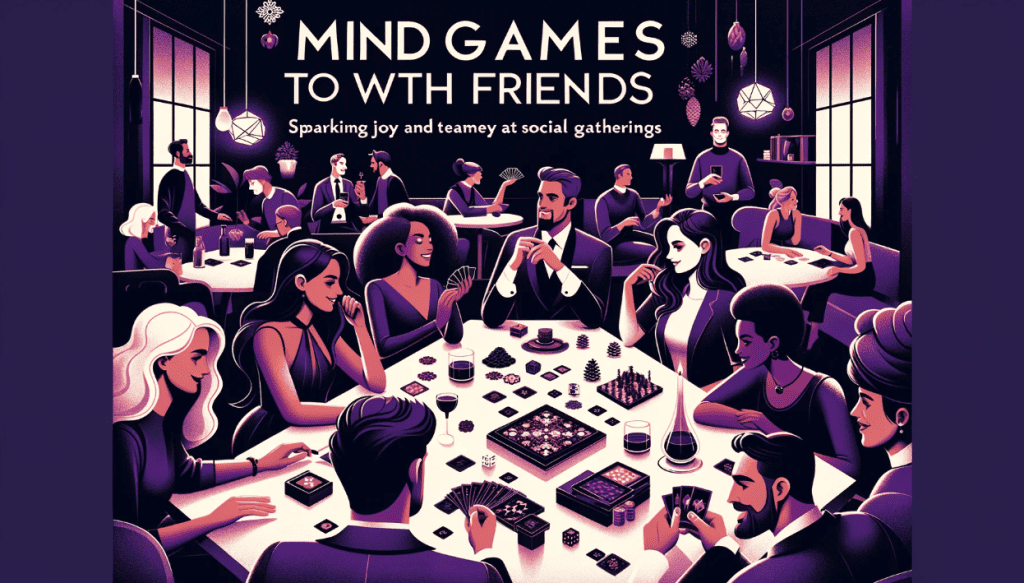The history of playing cards is a fascinating and complex one, with roots dating back to ancient civilizations in China and Egypt. While the exact origins of playing cards are difficult to trace, it is clear that they have played a significant role in human history for centuries.
Key Takeaways
- Playing cards have a long and varied history, with origins dating back to ancient civilizations in China and Egypt.
- Playing cards were originally used for divination and religious ceremonies but eventually evolved into a recreational tool.
- The design and structure of playing cards have varied greatly over time and across different cultures.
Origins of Playing Cards
In ancient China, playing cards were used for divination purposes, with each card representing a different deity or concept. These cards were made of paper and often depicted mythical creatures or religious symbols.
In ancient Egypt, playing cards were used for religious ceremonies and as a means of telling fortunes. These cards were made of papyrus and were often decorated with intricate designs and symbols.
Spread of Playing Cards
As playing cards spread throughout the world, they began to evolve and take on new forms. In medieval Europe, playing cards were used for recreational purposes and became a popular pastime among the wealthy. The design and structure of playing cards varied greatly across different cultures, with each region developing its own unique deck of cards.
Introduction of Printed Decks
In the 15th century, the first printed decks of playing cards were produced in Europe, making it easier and cheaper for people to purchase and play with them. The suits and ranks of modern playing cards, such as hearts, diamonds, spades, and clubs, were also established during this time.
Popularity of Playing Cards
Throughout the centuries, playing cards have continued to be a popular form of entertainment and have inspired a wide range of card games, including poker, blackjack, and solitaire. Today, playing cards are enjoyed by people of all ages and cultures and can be found in homes and casinos all over the world. Learn how to become a mentalist and even some easy card tricks with Mentalism Expert!
Conclusion
In conclusion, the history of playing cards is a rich and varied one, with roots dating back to ancient civilizations in China and Egypt. From their use in divination and religious ceremonies to their evolution into a recreational tool, playing cards have played a significant role in human history. Despite their long and complex history, playing cards remain a beloved and enduring form of entertainment for people all over the world.
Evolution of Playing Card Designs
The design of playing cards has evolved significantly over time, with each culture and era adding its own unique elements and influences. In Europe, for example, playing cards were often adorned with intricate designs and symbolic imagery, while in the United States, the simple and functional design of cards was favored.
Role of Playing Cards in Pop Culture
Playing cards have also had a significant presence in popular culture, with numerous movies, TV shows, and songs featuring them. From James Bond’s love of baccarat to the iconic imagery of the Joker card in Batman, playing cards have played a memorable role in many pop culture phenomena.
Conclusion
In conclusion, the history of playing cards is a rich and varied one, with roots dating back to ancient civilizations in China and Egypt. From their use in divination and religious ceremonies to their evolution into a recreational tool, playing cards have played a significant role in human history. Despite their long and complex history, playing cards remain a beloved and enduring form of entertainment for people all over the world.
FAQ
How old is the history of playing cards?
The history of playing cards dates back to ancient civilizations in China and Egypt, which means that they are over 1000 years old.
What were playing cards originally used for?
Playing cards were originally used for divination and religious ceremonies but eventually evolved into a recreational tool.
How have playing cards changed over time?
The design and structure of playing cards have varied greatly over time and across different cultures. In the 15th century, the first printed decks of playing cards were produced in Europe, which made them more accessible to the general population.
What are the most popular card games today?
Some of the most popular card games today include poker, blackjack, and solitaire.
Are playing cards still popular today?
Yes, playing cards are still very popular today and are enjoyed by people of all ages and cultures around the world.








